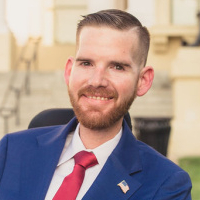Bloomington Juvenile Law Lawyer, California
Sponsored Law Firm
-
 x
x

Click For More Info:
-
Law Offices of Vincent W. Davis & Associates
150 N. Santa Anita Ave, Suite 200 Arcadia, CA 91006» view mapCriminal Defense, DUI-DWI, Misdemeanor Advocating On Your Behalf
If you are seeking an experienced criminal defense attorney to represent you, count on the Law Offices of Vincent W. Davis.
626-446-6442
Andrew James Wallace
✓ VERIFIEDEstate, Child Custody, Juvenile Law, Immigration
Attorney Andrew Wallace is based in Southern California, and he takes great pride in serving his community by providing superior legal services. Andre... (more)
Virginia Mcavoy Blumenthal
Juvenile Law, White Collar Crime, Criminal, Corporate
Status: In Good Standing
Richard William Vanfrank
Public Law, Juvenile Law, Civil & Human Rights
Status: In Good Standing Licensed: 34 Years
Marcie Lynn Gardner
Traffic, Domestic Violence & Neglect, Juvenile Law, White Collar Crime
Status: In Good Standing
 Vincent Davis Arcadia, CA
Vincent Davis Arcadia, CA

